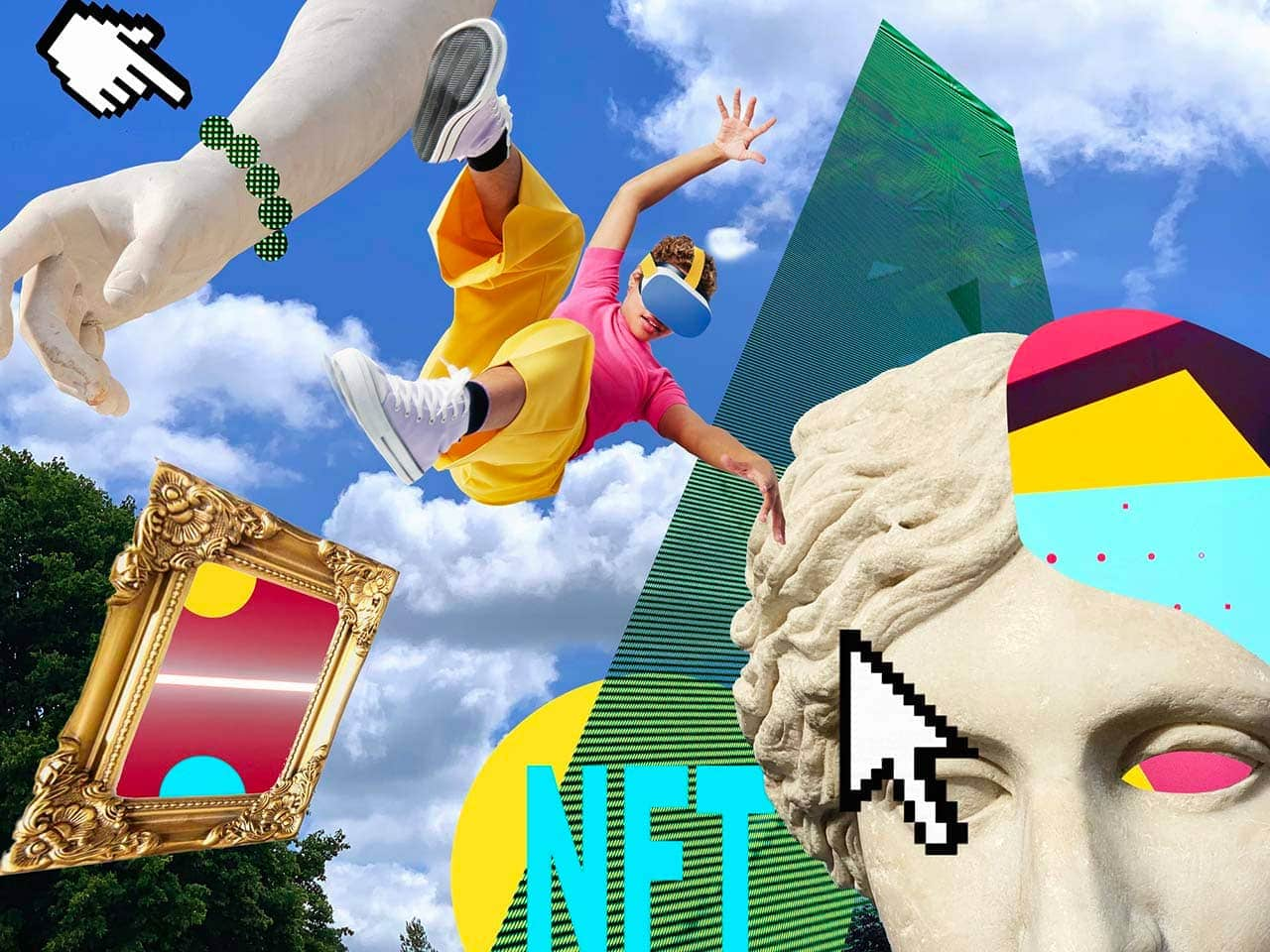If you’re into technology and current affairs, then you’ll probably be familiar with the term ‘metaverse’. However, like the majority of other people you probably don’t understand what it means. That’s because metaverse is in itself very difficult to define, given that it’s not a physical object and it doesn’t have a physical place or permanent location.
The metaverse in its entirety is not owned by an individual or business, but sections of it can be owned by individuals or businesses, much like the internet. Unlike physical land, the metaverse is not defined by borders or territories, you don’t need a passport to move across the metaverse, but certain areas may be restricted by others.
Given that the laws of physics also don’t apply in the metaverse, we should consider if one can even move across it at all.
Now before we get into too deep a rabbit hole, we should start by shedding some light on what the metaverse is by discussing a couple of definitions offered to Forbes in 2021.
According to this post by Cathy Hackl, defining the metaverse is not an easy task. Different people and industries define it in their own way which is certainly indicative to the nature of the metaverse – like art or music, it can be interpreted, experienced and defined through whichever lens is observing it.
In the post, Eric Redmond, Global Director of Technology Innovation at Nike states:
“I think the Metaverse is the all-encompassing space in which all digital experience sits; the observable digital universe made up of millions of digital galaxies”
Digital galaxies could be considered as the ‘normal’ technologies of today, such as the internet, social media, instant messaging, online shopping and online gaming. All of which have amalgamated into one bigger, more functional universe, known as the metaverse.
Neil Redding, Chief Executive Officer at Redding Futures adds:
“The metaverse is a digital space where you can create memories that rival physical experiences in scope, meaning, and value. It’s not about the best tech or creating the best simulation. It’s about enabling humanity to experience the things that make us human. Hyper social co-experiences where we can connect with each other in authentic ways.”
As humans, we’re always looking for new ways to connect and for new things to experience. Perhaps then the metaverse could be considered as that? The epitome of the hyper socialisation of the human race?
The consensus is that the metaverse should be considered as a social space. It’s a virtual environment within which anything that can exist in the physical world can co-exist. The metaverse gives users the ability to also create a new virtual existence which doesn’t just mirror reality, it enhances it. It’s a space for ownership, collaboration and revolution. It can be used personally and commercially. From a business perspective, the metaverse offers up opportunities for the commodification of data, be that in the form of virtual land, or virtual products which can be enjoyed within the boundaries of the metaverse.
Or most perplexingly, commodities which can be enjoyed across both the metaverse and the physical world. Non-physical products which are assigned a real world value.



















